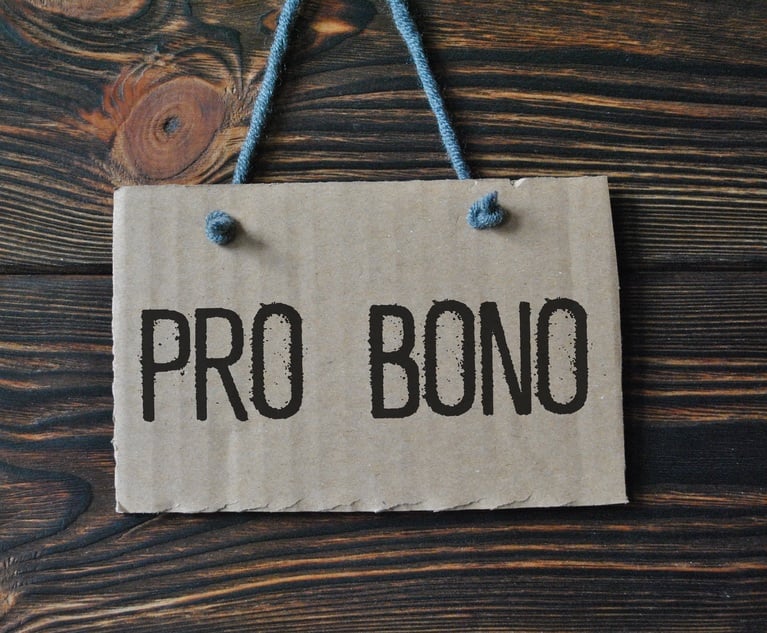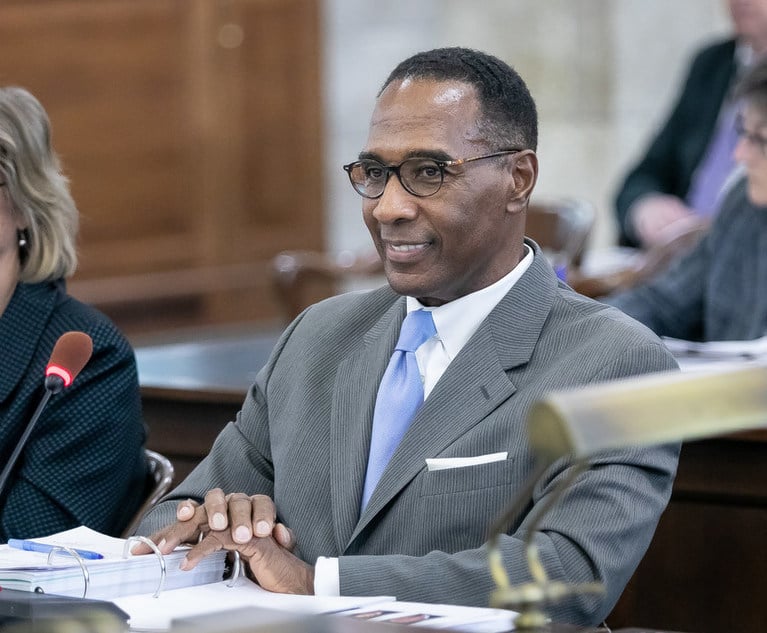S-2173/A-3818, the bill that would have removed the religious exemption from the mandatory student immunization requirement, died with the 218th Legislature amid one of the most vociferous public outcries against proposed legislation in recent memory, when all attempts at appeasement and compromise either failed to attract sufficient votes in the Senate, or in some cases drove prior committed votes away. Since the legislative leadership has vowed to reintroduce the bill with dispatch in the 219th Legislature, it is still appropriate to reflect on this politically divisive issue, and to suggest a change in the tenor of the debate when the Legislature next takes this matter from the table.
First, from the purely legal perspective, we must note that the Free Exercise clause of the First Amendment has never been construed to require an exemption from vaccination requirements. Since Jacobson v. Massachusetts, 197 U.S. 11 (1905), the United States Supreme Court has upheld the authority of states to enforce such laws. Unless the court dramatically changes its Free Exercise jurisprudence established in Employment Division v. Smith, 494 U.S. 872 (1990), the so-called “peyote” case, a neutral exercise of police power to promote public safety will be upheld, despite it having the effect of substantially burdening religious exercise in individual cases.


 Image by Shutterstock
Image by Shutterstock




